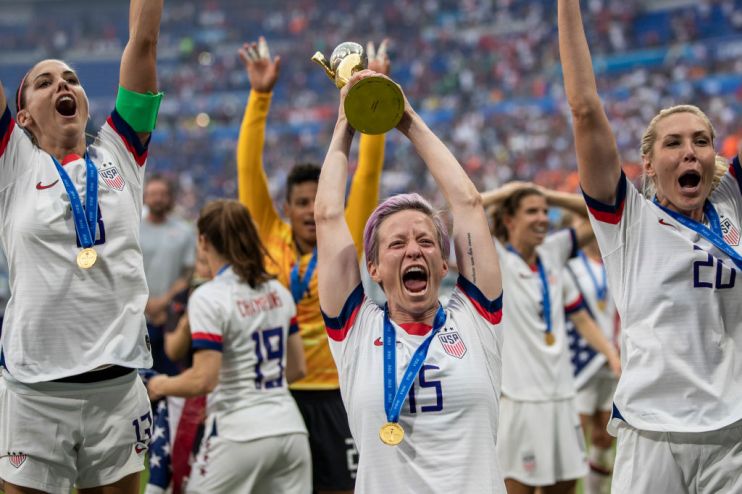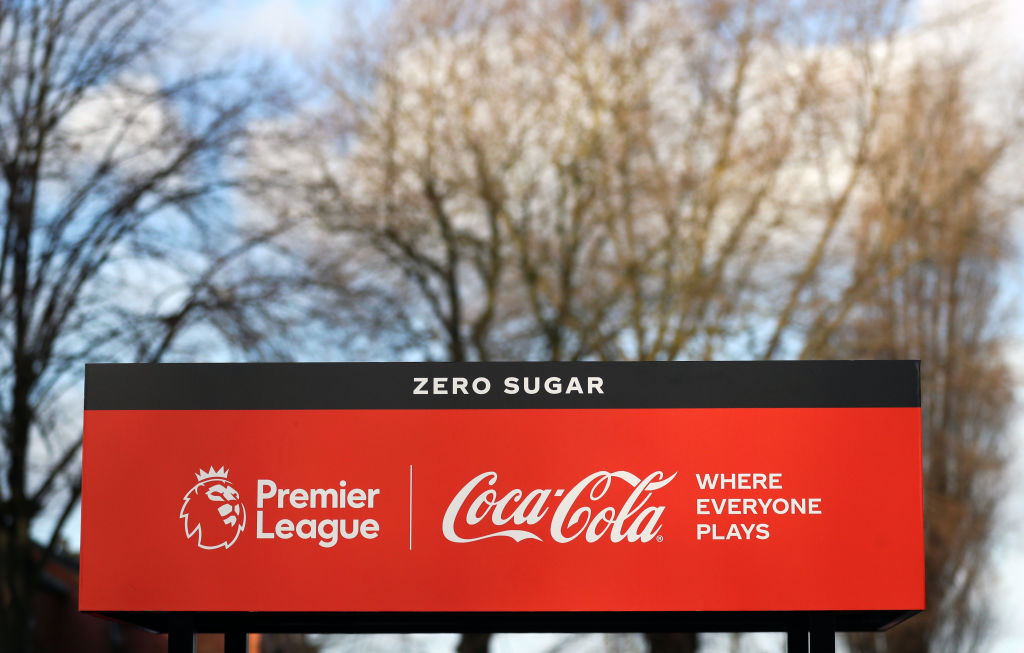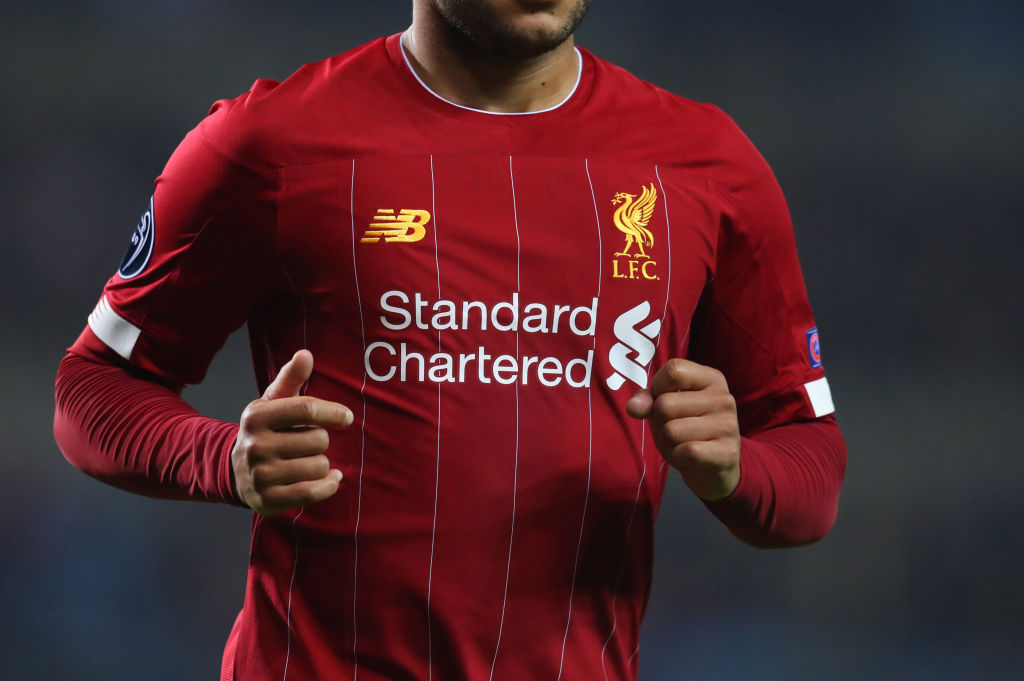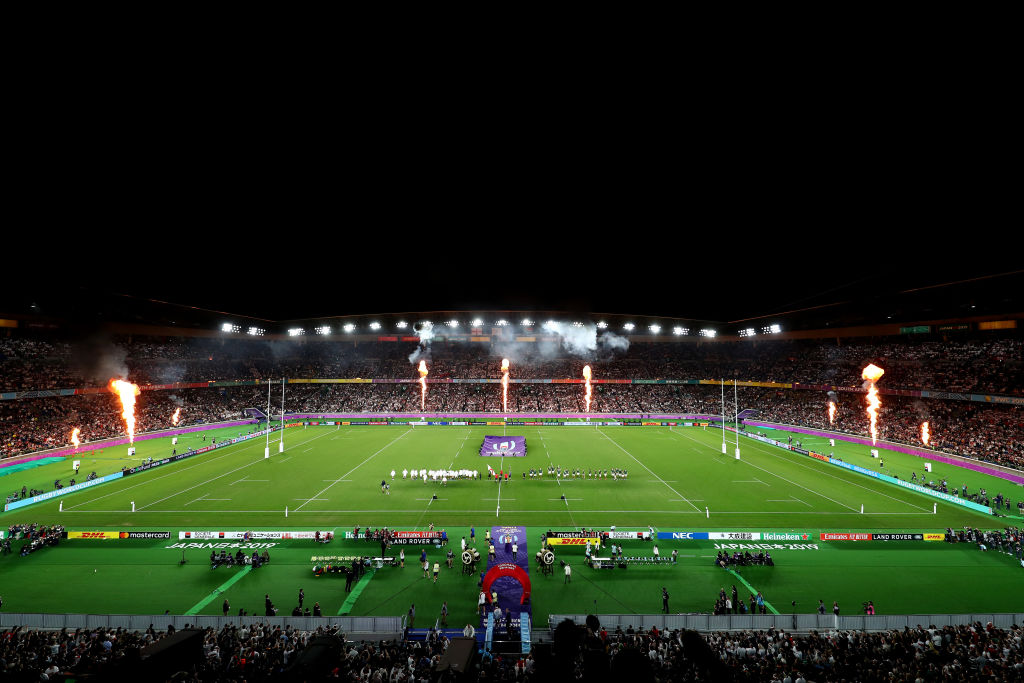Sports business in 2019: Industry insiders pick the trends that defined the year

Izzy Wray, consultant in Deloitte’s Sport Business Group
Women’s football
The growing popularity of women’s football has been one of the defining sports trends of 2019.
The Women’s World Cup smashed TV audience records, with a reported 1bn people watching it worldwide and over 28m people tuning in to the tournament on the BBC. Numerous attendance records have been broken, including 77,768 people attending Wembley to see England play Germany in November.
This rising popularity has not gone unnoticed by major financial service organisations and consumer brands, who have signed up as sponsors. Three fifths of top flight women’s football clubs globally currently have front-of-shirt sponsors that are different to the men’s equivalent, but we expect this to reach 100 per cent by the 2023 Women’s World Cup.
Digital consumption
Pay-TV has been a key driver of revenue growth for major sports leagues and competitions in the last decade. In 2019-20, revenue from Premier League domestic rights dipped slightly to £1.7bn, indicating a cooling of the market and reflecting changing consumer demands for live sport content. Fewer people are purchasing linear pay-TV subscriptions, with a growing number instead choosing to follow sport through online channels such as social media.
Athlete influencers
The growing dominance of social media has fuelled a trend for athletes as influencers. To reach fans in a crowded digital world in which attention spans are waning, athletes are becoming increasingly important to reach and engage with fans, in particular young fans.
Athletes’ social media channels provide leagues and clubs with a low-cost method to build stories around individuals, bringing fans closer and creating emotional connections with their idols. This is not only a powerful method in which to build a fanbase, it also provides an opportunity for brands to create authentic and valuable sponsored content.
Neil Hopkins, global head of strategy at M&C Saatchi Sport and Entertainment
Tipping point
We have been predicting the breakthrough of women’s sport for years now but there is no doubt that from a marketing and sponsorship point of view 2019 represented the tipping point.
For the first time, the Women’s World Cup was awash with sponsors, including Visa and Adidas, determined to embrace the diversity and inclusivity of a sport that has, in the likes of Megan Rapinoe, some genuinely progressive role models.
Their enthusiasm is well-founded. In the UK alone, the coverage of women’s sport is on the rise. The Telegraph launched a devoted supplement, attendances continue to grow and the popularity of women’s cricket and rugby union are growing apace.
Bet Regret
This year saw the first real attempt to untangle the relationship between betting companies and sport with the introduction of a whistle-to-whistle ban on gambling advertisements before the 9pm watershed.

This comes as part of a concerted effort by the industry to urge responsible gambling and is supported by campaigns such as GambleAware’s Bet Regret, which found that just 13 per cent of football fans are happy for their club to be sponsored by a gambling company.
Coke float
Whatever the headwinds facing Britain’s economy as it approaches Brexit, it can still boast an undisputed, world-leading cultural phenomenon that was described this year as its most successful export since the Beatles.
The Premier League has come to define global Britain and its popularity overseas has added considerable buoyancy to the UK sponsorship market. Quite simply, nothing else comes close in terms of commercial value and opportunity.
To underline this, 2019 saw Coca-Cola celebrate its return to UK football sponsorship for the first time in a decade as it became a partner of the Premier League and embarked on a mission to celebrate the game’s inclusivity through its Where Everyone Plays campaign.
Simon Leaf, Sports Lawyer, Mishcon de Reya
Hi to CBD
This year it has been impossible to avoid the hype surrounding the use of cannabidiol – commonly referred to as CBD – in sport.
Not only have athletes started working closely with CBD brands, some, such as Saracens duo Dominic Day and George Kruis, have even co-founded their own CBD supplements business. This has arisen after the World Anti-Doping Agency relaxed its rules, meaning many CBD products became exceptions to its list of banned substances.
Given the hype, but also due to strict rules on certain ingredients, it is perhaps only a matter of time before we see a high-profile breach of Wada’s rules, as there are still relatively few regulations governing the provenance, quality and composition of CBD products on the market.
A right to match?
A major legal talking point was the High Court showdown between Liverpool and New Balance. The club claimed victory over its current kit sponsor as New Balance was unable to show that Liverpool had failed to comply with a broadly drafted “matching rights” clause in the contract when it opted to make Nike its new supplier.
These clauses are common in sponsorship agreements and are designed to protect existing partners but the problem is that often deals are difficult to compare.

In this case, the court agreed that New Balance was incapable of matching Nike’s “offer on marketing”, which included the promise of using “three non-football global superstar athletes and influencers of the calibre of” Serena Williams, LeBron James and Drake.
Going forward, it is likely that similar disputes will crop up as these types of clauses have become increasingly prevalent in sports contracts and are ripe for challenge.
Matthew Fletcher-Jones, director of communications, Engine Sport
Women’s sport
It’s been a game-changing year for women’s sport with a huge increase in awareness, rising viewing figures, record breaking attendances and sponsors making significant commercial investment.
There may be no major women’s football tournament next summer, but the domestic product is stronger than ever before and attendances will continue to grow along with local commercialisation.
Euro 2021 will be hosted in England and brands will want to be established in the game ahead of the tournament. Keep an eye on the big clubs too – how long before a Premier League side announces that their women’s team will play all their home games at the men’s stadium?
Turning Japanese
This autumn’s Rugby World Cup in Japan will have a significant long-term impact too, especially on the international game where sponsors will be more than keen to access the growing Asian market and the international calendar might well be restructured accordingly.

With the Olympics to come next summer too, Tokyo could join London as a go-to sporting destination where crowds and big viewing figures are guaranteed.
Going OTT
Football is becoming all about three letters: not VAR, but OTT. Amazon Prime’s first Premier League games this month promise to show us whether UK football fans have the appetite – and pockets deep enough – for another provider. If deemed a success, the broadcast landscape will change forever and quickly.
Linear TV sports broadcasting is dependent on big advertising bucks – a model that OTT providers have circumnavigated – and in the long term there may only be one winner. Further, we are already seeing shifts away from exclusivity and rights will be cut differently in the future, especially highlights and clips, which are being accessed with immediacy by younger generations.
